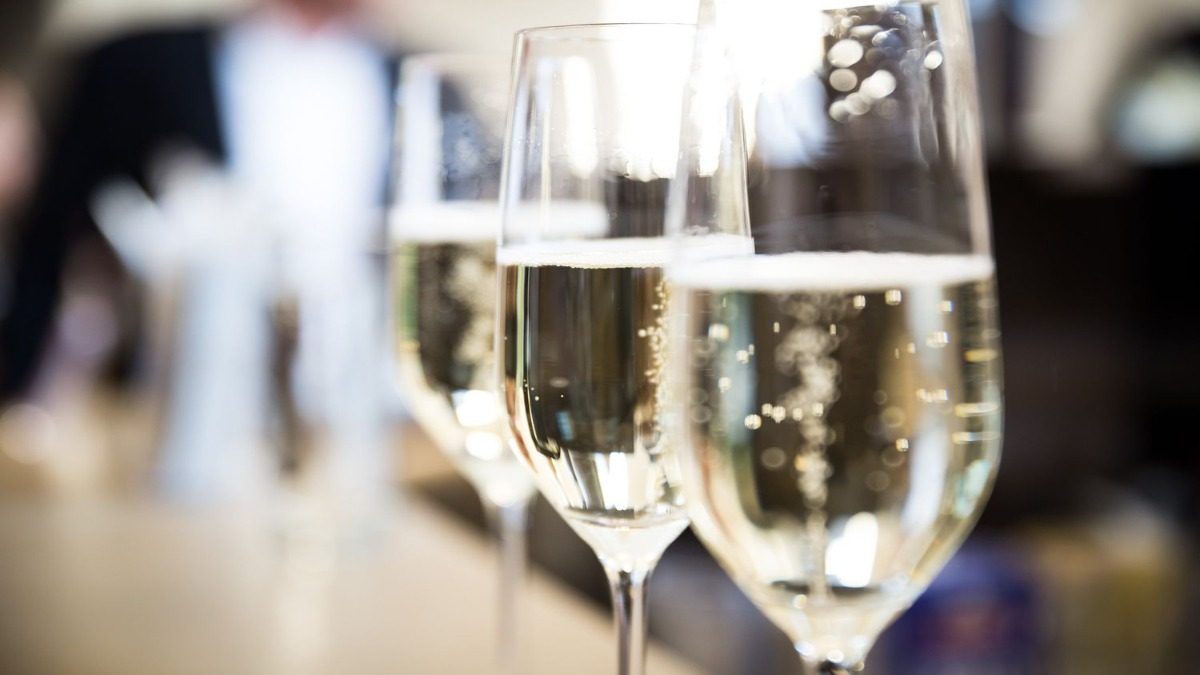Champagne, with its effervescent bubbles and celebratory allure, is often synonymous with special occasions and festive gatherings. But amid the clinking of glasses and joyful toasts, one question may arise: Can kids join in on the Champagne fun?
The short answer? It depends.
In many cultures and countries, including the United States and Europe, there are no specific laws prohibiting children from consuming alcohol in moderation, especially when supervised by responsible adults. However, it’s essential to consider several factors before offering Champagne or any alcoholic beverage to children.
Legal Considerations: While some countries may have lax laws regarding alcohol consumption by minors, others impose strict regulations. In the United States, for example, the legal drinking age is 21, and it is illegal to provide alcohol to anyone under this age, except in certain circumstances and with parental consent.
Health and Development: Children’s bodies and brains are still developing, and alcohol can have a more pronounced effect on their systems than on adults. Excessive alcohol consumption, even in small amounts, can impair judgment, coordination, and cognitive function in children, potentially leading to accidents or injuries.
Cultural Norms and Values: In many cultures, alcohol consumption is deeply intertwined with social customs and rituals. Parents may choose to introduce their children to alcohol in a controlled, educational setting to teach them about responsible drinking habits and cultural traditions. However, this approach varies widely among families and communities.
Parental Guidance and Supervision: Ultimately, the decision to allow children to drink Champagne or any alcoholic beverage rests with the parents or guardians. It’s crucial for adults to educate children about the potential risks and consequences of alcohol consumption and to model responsible drinking behavior.
Alternatives and Mocktails: For parents who prefer to avoid alcohol altogether, there are plenty of non-alcoholic alternatives and mocktails that offer the same festive flair without the alcohol content. Sparkling water, fruit juices, and soda-based concoctions can provide children with a celebratory beverage option that is both fun and safe.
In conclusion, while there are no hard and fast rules about kids drinking Champagne, it’s essential for parents to consider legal, health, and cultural factors before making that decision. Open communication, parental guidance, and responsible supervision are key to ensuring that children develop a healthy and balanced relationship with alcohol, whether they choose to partake in the Champagne toast or opt for a non-alcoholic alternative. Cheers to making informed choices and celebrating life’s special moments together, whatever beverage may be in the glass! 🥂

